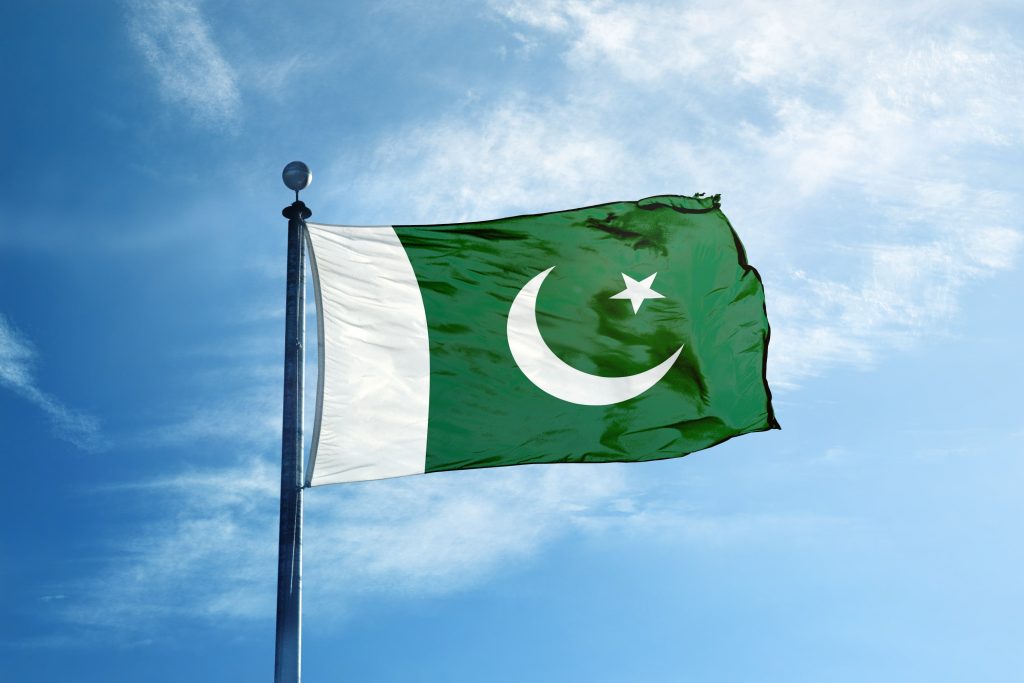
I want to bring this medicine to my country.”
Pakistan Embraces Medical Cannabis: A New Era of Opportunity
In a bold move, Pakistan has opened its doors to the world of medical cannabis. President Arif Alvi has passed an ordinance creating the Cannabis Control and Regulatory Authority (CCRA), paving the way for the cultivation, extraction, refining, manufacturing, and sale of cannabis derivatives for medical and industrial purposes. This groundbreaking decision has the potential to revolutionize the South Asian country’s economy and healthcare system.
The Birth of the CCRA: A United Nations Mandate
The creation of the CCRA is not just a whim of the Pakistani government, but a mandate from the United Nations. According to Syed Hussain Abidi, chairman of the Pakistan Council of Scientific & Industrial Research (PCSIR), the UN laws require a federal entity to regulate the production, processing, and sales of cannabis-related products in order to ensure international compliance. The PCSIR, which prepared the National Cannabis Policy in 2023, played a crucial role in the development of the ordinance.
A Long-Awaited Change in Approach
This is not the first time that the idea of a regulatory agency for cannabis has been proposed in Pakistan. Former Prime Minister Imran Khan had suggested a similar agency in 2020, but it was not until now that the ordinance was finally passed. The new legislation also includes strict penalties for violations, ranging from 10 million to 200 million Pakistan rupees (approximately $35,000 USD to $718,000 USD), and enlists the help of the Pakistan Anti-Narcotics Force to monitor illegal activity.
From Illegal to Licensed: A New Era for Cannabis Cultivation
Cannabis cultivation has long been illegal in Pakistan, but some regions have a rich history of growing the plant, which has been largely ignored by the government. However, with the new ordinance, cultivation will now be regulated and require a license. According to Abidi, this means that cultivation is now technically legal, but the rules and procedures are still being developed and the authority is awaiting registration. Cultivation licenses will be issued for a five-year period, and the government will determine which regions will be permitted to grow cannabis.
A Growing Industry: Opportunities for Entrepreneurs
The northwest region of Khyber Pakhtunkhwa and southwest province of Balochistan are estimated to have a combined total of 28,000 hectares (approximately 70,000 acres) of land where cannabis is currently cultivated. This presents a huge opportunity for entrepreneurs like Aamir Dhedhi, who has seen the healing properties of medical cannabis firsthand. Dhedhi’s mother, who suffered from Parkinson’s disease, found relief from her symptoms after trying CBD oil in India. Now, Dhedhi is determined to bring this medicine to his own country and help others in need. With the legalization of cannabis cultivation, many other entrepreneurs are also looking to enter the industry and contribute to its growth.







